I think we can all agree that it isn't the gear that makes a great photo, it's the person using the gear.
That said, having quality landscape photography gear certainly doesn't hurt!
The question is, when you're shopping for the best landscape photography camera, what features should you look for?
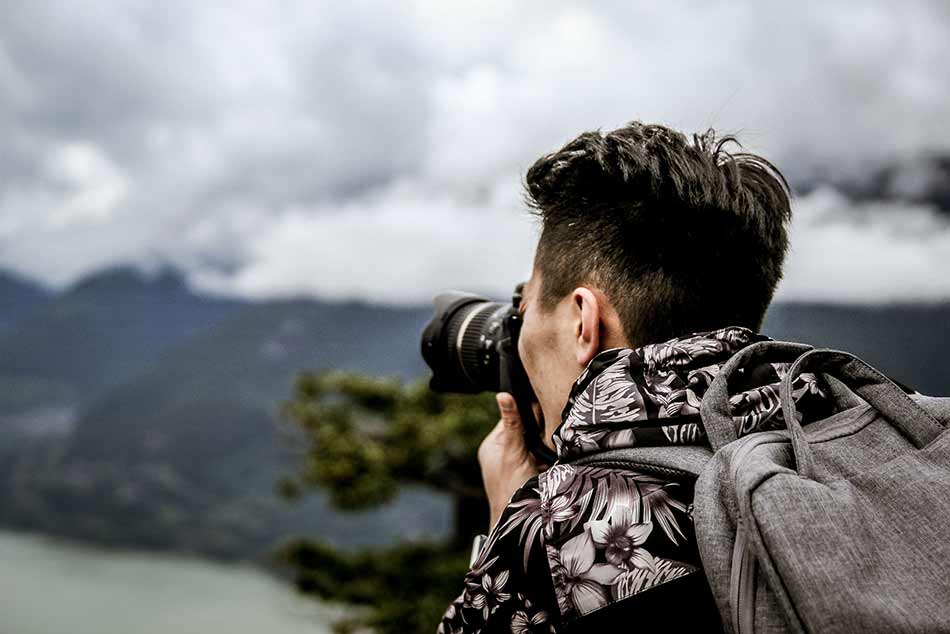 Photo by Brendan Church on Unsplash
Photo by Brendan Church on Unsplash
In this quick guide, I offer up a few tips that will help you make the best decision for your landscape photography.
Camera Features You Need for Landscape Photography (and Some You Don't)
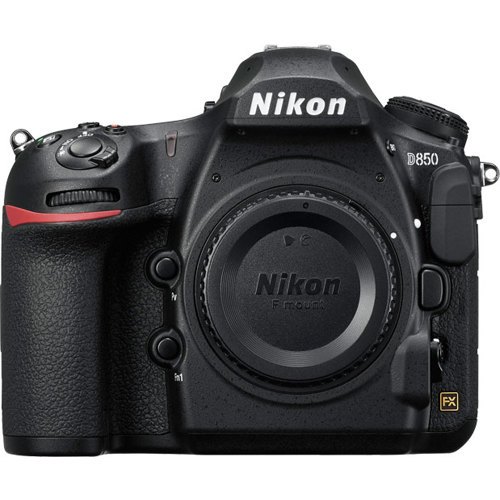
First things first...
Let's identify a few camera features that will help you take better landscape photos:
- Sensor size - Both full frame and crop sensor cameras are great for landscapes. Where full frame cameras like the Nikon D850 offer better image quality and the ability to capture more of the scene in one shot, a crop sensor camera like the Nikon D7500 is often less expensive. Additionally, since a crop sensor camera increases the effective focal length of a lens, you can take telephoto images with smaller, less expensive lenses.
- Megapixels - High megapixels means high-resolution images, and the more resolution you have, the finer the details will be. Plus, if you intend to make your images into large-format prints, more megapixels is definitely a good thing.
- Dynamic range - One of the most important features to consider is the dynamic range the camera is capable of capturing. The wider the dynamic range, the better the shadows and highlights will be and the less noise there will be in the shot.
- Construction - To protect against rain, snow, dirt, and other elements, look for a camera that is well built and has weather sealing.
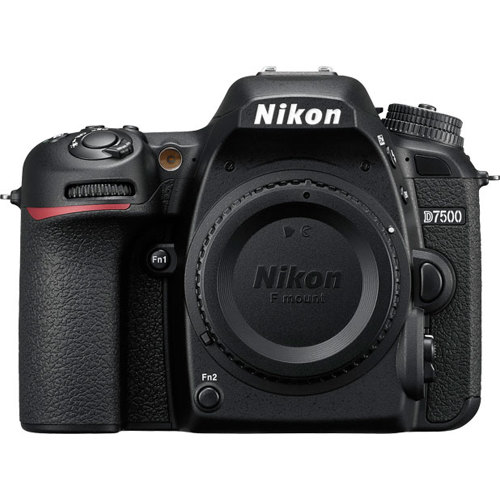
What a good landscape photography camera doesn't really need are features that have to do with capturing motion.
That is, where a sports photographer will want a camera with advanced autofocus features and ultra-fast continuous shooting, since most landscapes don't involve quick motion, you can likely skip looking for those features.
Top Canon Cameras for Landscape Photography
Now that you have an idea of some of the most important features for a landscape photography camera, let's take a look at a couple of Canon cameras that could serve you well.
The first choice (in my opinion, anyway), is the Canon EOS 5D Mark IV.
This full frame camera has excellent resolution with a 30.4-megapixel full frame sensor.
It's got excellent dynamic range, is great in low-light situations for dusk and nighttime shots, and it has excellent weather sealing.
You can even use its built-in GPS system to tag your images with details about where each one was shot. Not bad, eh?
See the 5D Mark IV in action in the video above by Brendan van Son.
Price: $3,099.99 (body only) at Adorama
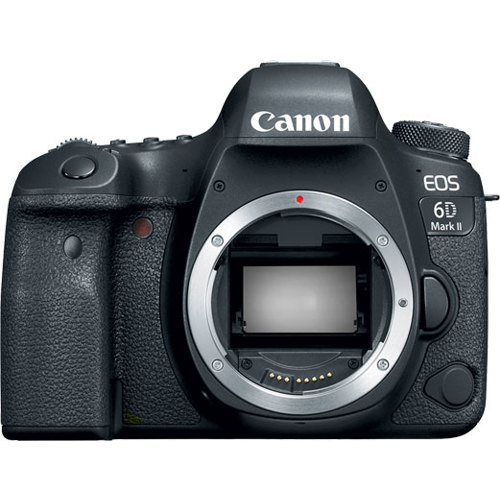
If you're on a tighter budget but still want a high-performance full frame camera, the Canon EOS 6D Mark II is a great option.
It's got a 26.2-megapixel full frame sensor, an articulating touchscreen LCD, and is smaller and lighter than the 5D Mark IV, which is handy when you've got a long hike in front of you.
The 6D Mark II also has an improved dynamic range over its predecessor, so your photos will have those deeper shadows and brighter highlights discussed earlier.
Price: $1,599.00 (body only) at Adorama
Top Nikon Cameras for Landscape Photography
In addition to the Nikon D850 and Nikon D7500 mentioned earlier, Nikon has other cameras that will do the trick for photographing landscapes.
That includes the older Nikon D750 which offers full frame performance with a 24.3-megapixel sensor, but with a much smaller price tag given that it's two models old.
Additionally, the D750's sensor has a reputation for imagery with very low noise, even when you have to push the ISO, and it has a rockstar of a battery that allows more than 1,200 shots on a single charge.
It's built like a tank, too, so it's perfectly suited for landscape photography.
Learn more about the Nikon D750 in the video above by James Popsys.
Price: $1,399.99 (body only) at Adorama
Final Thoughts
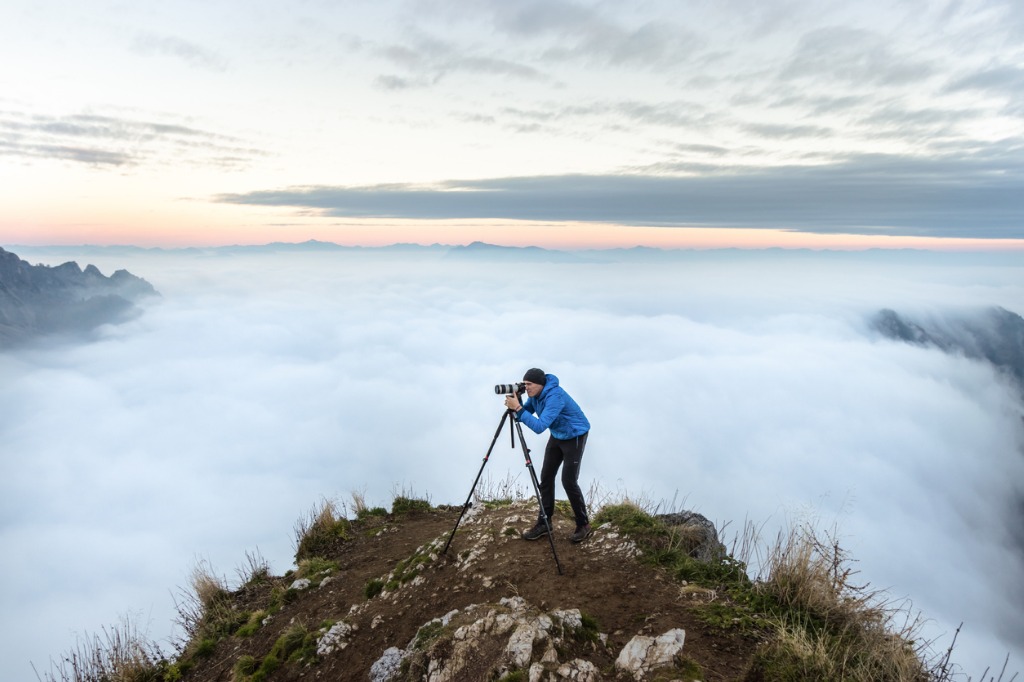 Image Credit: Matic Grmek via iStock
Image Credit: Matic Grmek via iStock
Like I said in the introduction, it's not the gear you use that has the greatest impact on the quality of your photos.
Instead, it's you, your capabilities, skills, and talents behind the lens.
You can take great photos with nothing but your smartphone, but having gear that has features that specifically aid in taking landscape photos will only help your situation.
Any of the cameras mentioned in this article are a great choice, but this is by no means a comprehensive list. Do your due diligence, research different cameras you like, and get one that fits your budget and your needs.
From there, all that's left to do is go shoot!
This blog post about "How to Choose the Ideal Landscape Photography Camera?" was first published on our website here https://www.photographytalk.com/landscape-photography/8988-how-to-choose-the-ideal-landscape-photography-camera